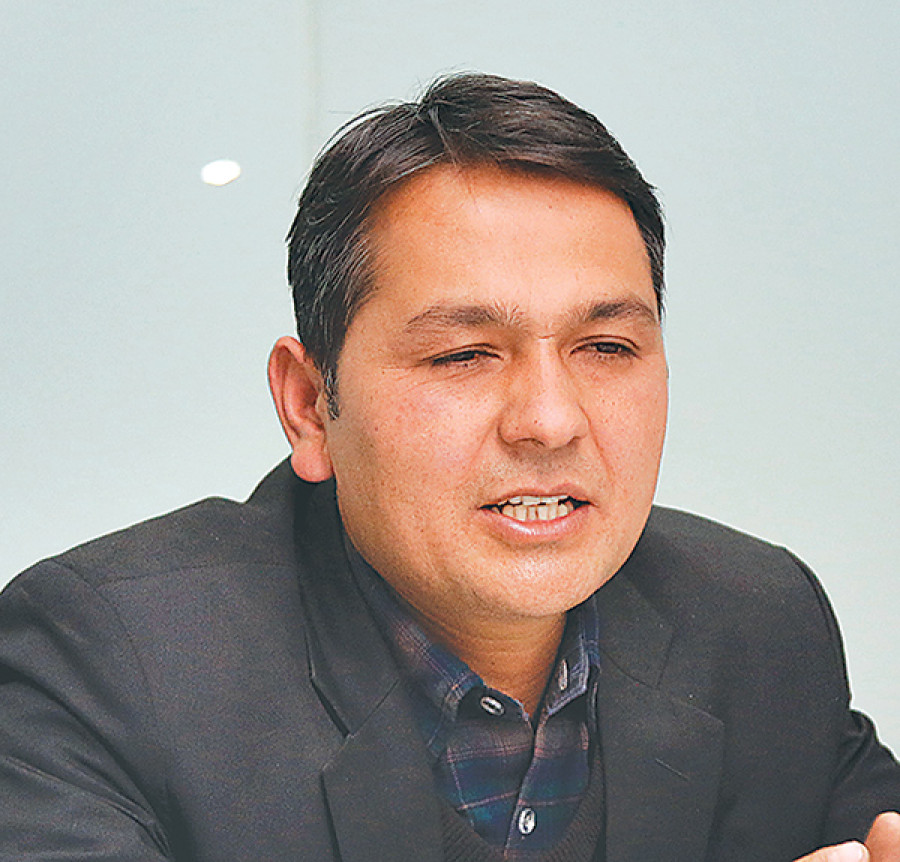Valley
Advocate Aryal insists on continuous vilgilance
After a landmark verdict of the Supreme Court on a case filed aganst the suspended CIAA Chief Lokman Singh Karki, advocate Om Prakash Aryal, who had filed a writ petition contesting Karki’s appointment, said his quest for justice would continue.
After a landmark verdict of the Supreme Court on a case filed aganst the suspended CIAA Chief Lokman Singh Karki, advocate Om Prakash Aryal, who had filed a writ petition contesting Karki’s appointment, said his quest for justice would continue.
There are still several Lokmans active in our society, said Aryal, who had also challenged the appointment of Khilraj Regmi as the chairman of the Cabinet of Ministers.
Karki was picked the chief of the CIAA when Regmi was leading the technocratic government.
Aryal said Nepal’s state mechanism was under the control of leaders influenced by different interest groups which led to the appointments of people like Regmi and Karki.
He said that Karki was the “first gift” that Regmi had given to the country after he came to power.
The apex court deciding that Karki is unfit to head a constitutional agency, according to Aryal is a great achievement for Nepali society that would help help institutionalise the democratic republic order in the country.
Aryal said continuous vigilence was essential to ensure justice to the people, to curb corruption, and to ensure good governance.
On 20 March 2013, Aryal had filed the first case against Karki after learning that the then High-level Political Committee had decided to nominate him as the chief of the anti-graft body. In his petition challenging Karki’s appointment, Aryal had cited, among others, the report of the Rayamajhi Commission that had indicted Karki stating that he was not eligible for the appointment in a constitutional body.
The petition was quashed on 29 April and Karki was made the CIAA chief commissioner on 8 May.
Aryal had once again filed a supplementary application on 28 October 2016, seeking to suspend all state facilities to Karki.
This time, he had argued that Karki could misuse authority at a time when his qualification and moral character to become the chief of a constitutional body were being tried at the court.




 9.6°C Kathmandu
9.6°C Kathmandu













